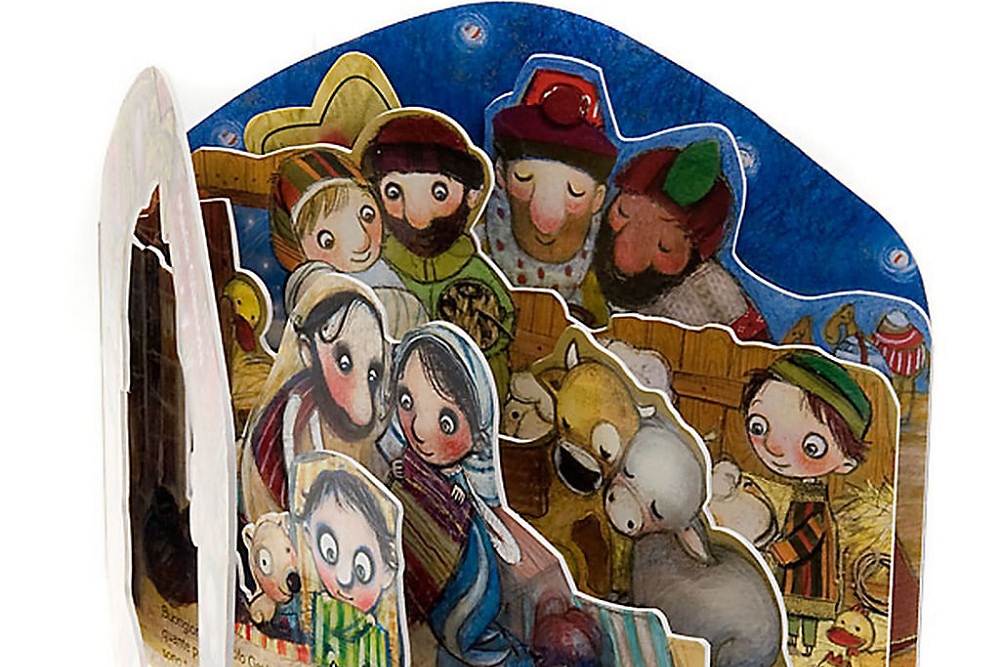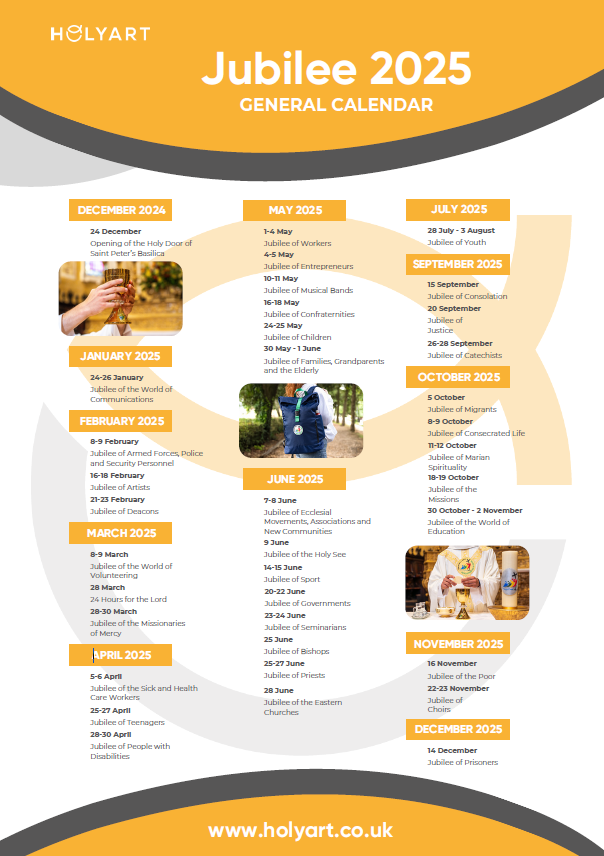It’s always nice to receive a gift, especially from someone that loves us and during Christmas, symbol of Jesus’ birth. Have we ever wondered where the act of exchanging gifts come from? How was this habit developed?
It is not clear why the habit of this exchange was created, maybe because we attribute sanctified twigs as wealth and abundance wish.
The legend says that the king of the Sabines Titus Tatius asked his subjects to give him a twig of olive or laurus coming from the sacred wood of the goddes Strenia every New Year’s Eve.
Since then, adults began giving each other the so-called Strennas, this twigs picked from a scared wood.
Back to us, Christmas is a holiday with different traditions and habits, that can change according to society, religion and from country to country. It originated from stories about Saint Nicholas, bishop in the IV century, generous and kind to children, and went through many changes. Today we give gifts to children and adults for Christmas, not only to the most needing, this is a holiday for everyone.
Exchanging gifts has much deeper meaning that what we can imagine; of course most of the times they are material objects but the most important point is to give “something” that represents a symbol for our wishes of Love and Hope.
In recent years, unfortunately, we are losing the true meaning of giving a gift. Searching for something to wrap is becoming a mechanical gesture, that can also be cause for anxiety and stress.
Reconnecting to the true meaning of exchanging gifts for Christmas might mitigate our sense of duty, and would make us all go back to the ground and reconnect us to the deep and true meaning that’s hidden behind a box under the tree.
We should tell the difference between giving something to someone and donating a gift.
Giving something (“regalare”) is something that recalls the “idea of regality”, tribute to those who really deserve a recognition for being “regal”, an act made to acknowledge a merit or to compensate for a debt towards someone we show our gratidtude to. Therefore, for many people and not only for Christmas, a gift represent some sort of duty because they have to, even among relatives, friends and acquaintances, and it’s considered praiseworthy.
Donating is something else. Donating comes from give, in its fullest and deepest meaning. It means offering something that proves love and doing it in an unconditioned way and not feeling forced to do it, without asking for something in return from the other person. The donation, oppsed to a gift, is a homage to feelings and not to people. The donation must be more important and meaningful than the object itself, indipendently from its economic value.
From our part, we can suggest some ideas for gifts for Christmas that you can find on Holyart:
A simple but meaningful idea could be a bookmark, useful while reading a book or a sacred text. Reading is a personal moment, a moment for reflection or scapism from the world.
You can find many types on Holyart, with or without crosses, in olive wood, in leather, cotton and linen. A very simple gift, affordable for everyone. The choice is very wide, it’s up to you to pick the one that suits you best.
Another idea we can propose you is a photoframe, ideal for anyone, for any age. A gift you can never go wrong with, it’s always nice to place a picture in our home, whether it was taken during a holiday or during a trip or any other special occasion.
For those who can afford something more expensive, we propose a timeless classic from our catalogue: a jewel. We have a wide variety here as well: earrings, necklaces or bracelets, in silver 925 or gold 750/00, with religious symbols or not, like for example with a heart-shaped pendant.

You have to remember the concept stated earlier: the gift must be more important and meaningful than the object itself, indipendently from its economic value.
For the youngest ones we suggest coloring books for children from our catalogue.


























